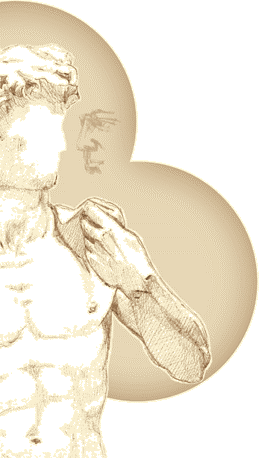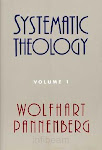I've compiled a list of one hundred good things my parents taught me over the years, either consciously or unconsciously, by word or by setting an example.
25 things my Mother taught me...
1. how to cross-stitch
2. to think about the meaning of words
3. about generosity
4. to ask questions
5. how to give someone a massage
6. how to get the thread through the needle
7. to listen to music
8. how to iron clothes
9. how to drive to Siuntio [a town near Helsinki]
10. how to clean the bathroom
11. how to wash dishes
12. to appreciate Bev Doolittle's art
13. how to use a baseball glove
14. to remember to take my key
15. how to make a snow man
16. to drink coffee with chocolate cake
17. how to tell the (digital) time [TV guide]
18. how to eat with chop-sticks
19. how to make my bed
20. how to decorate a Christmas tree
21. how to floss
22. to bring my friends over
23. to ask for big things [virtues] in prayer
24. nine ways to pronounce "Caipiroska"
25. how to fill up the gas tank
25 things my Father taught me...
1. how to hunt for wild game
2. how to fish
3. about the effect of a sincere apology
4. how to gut a rabbit
5. to enjoy a sauna
6. that there's no need to cuss
7. how to paddle [canoe, not rowing boat]
8. about simplicity [economy wise]
9. to not talk to my children about their mother disrespectfully
10. how to tie my ice-skates
11. how to drive a tractor
12. to eat porridge
13. to drink coffee with sandwiches
14. how to light a fire
15. how to weild a knife
16. to tell jokes [alas!]
17. how to say "shithead" in sign language
18. to pray behind closed doors
19. how to use a chainsaw
20. that Alabama is a state
21. that water expands as it freezes
22. not to stress about money
23. that relatives are always welcome
24. how to use the laminating machine
25. how to tie a tie
25 things they both taught me...
1. to foster an interest in and a respect for nature and animals
2. about the importance of a personal relationship with God
3. to talk about things
4. to taste everything
5. how to play the piano [I wish!]
6. about the magnificent sport called ice-hockey
7. to apply for jobs
8. how to read
9. to enjoy reading books
10. not to measure things in money
11. to enjoy watching "funniest home videos"
12. to drink with moderation
13. to enjoy traveling [wasn't very difficult]
14. that God can do miracles
15. how to properly pack a suit-case
16. creativity
17. an appreciation of the American Indian culture
18. to prefer public transportation if possible
19. to take care of personal hygiene
[20-25]: Looking forward to see what these will be!
25 advices I should've listened to...
1. "Don't slouch." [tall man's problem]
2. "If you have nothing good to say, don't say anything."
3. "Go to sleep."
4. "Get up early."
5. "Stay away from porn."
6. "Don't take more than you can eat."
7. "Get off the computer."
[8-25]: I can't remember, I wasn't paying attention.
(Next post: 100 vices my parents taught me ... just kidding!)
6 months ago











